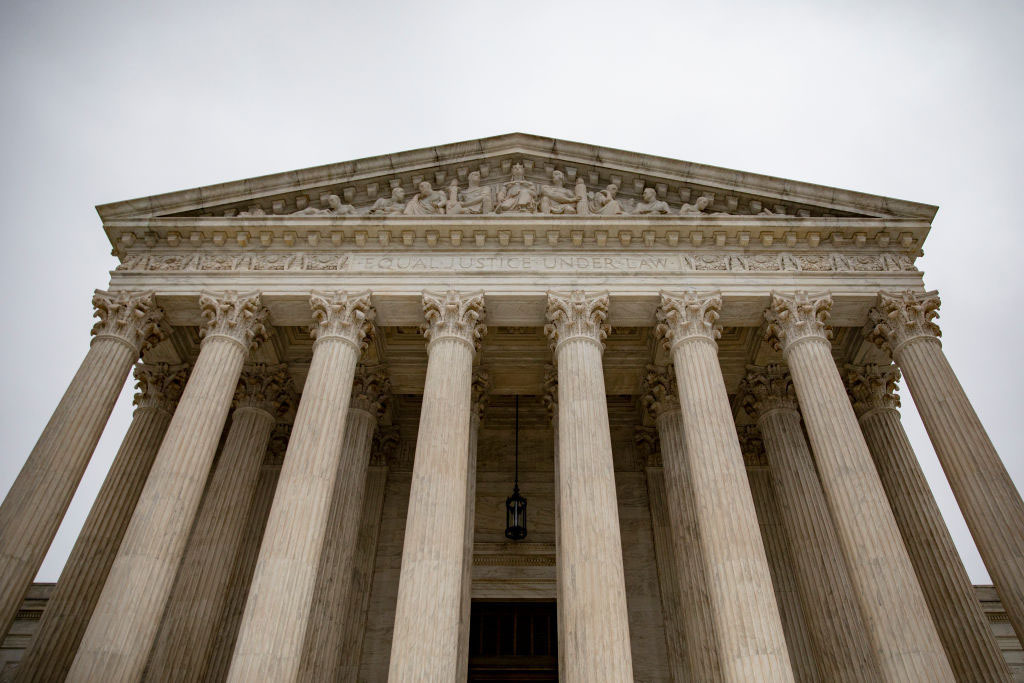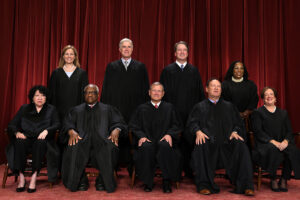Supreme Court Revives Discrimination Case Over Heterosexuality Claim
A significant legal development has unfolded as the United States Supreme Court has agreed to reconsider a case involving alleged discrimination based on sexual orientation. The case, originated by an Ohio woman, contends that she was denied a job opportunity due to her heterosexuality.
In an unanimous decision, the Supreme Court has sent Marlean Ames v. Ohio Department of Youth Services back to the lower courts for further examination, challenging the previous ruling that was not in Ames’ favor.
Justice Ketanji Brown Jackson, writing for the court, criticized the previous appeals court’s reliance on the “background circumstances” doctrine, which posits that majority group members face a higher burden in proving identity-based discrimination.
“We hold that this additional ‘background circumstances’ requirement is not consistent with Title VII’s text or our case law construing the statute,” stated Jackson. “Accordingly, we vacate the judgment below and remand for application of the proper prima facie standard.”
Jackson emphasized that the Sixth Circuit’s decision unjustly applied this standard against Ames, who was qualified but overlooked for a promotion in favor of a gay candidate. Ames later experienced a demotion, with the new position again going to a gay candidate, which she argued constituted discrimination.
Justice Clarence Thomas, with the support of Justice Neil Gorsuch, concurred, highlighting the pitfalls of “judge-made doctrines” that can complicate legal proceedings and misinterpret statutory texts. Thomas pointed out, “Judge-made doctrines have a tendency to distort the underlying statutory text, impose unnecessary burdens on litigants, and cause confusion for courts.”
Ames, who joined the Ohio Department of Youth Services in 2004, applied for a promotion in 2019 but was passed over. The new role went to a homosexual woman, while her erstwhile role was filled by a homosexual man, prompting Ames to file a federal complaint citing discrimination.
Previously, in December 2023, the Sixth Circuit ruled against Ames, stating she had insufficient evidence of “background circumstances” to support her claim. The panel also noted a lack of evidence showing pretext in her sex-discrimination claim.
The appeals court had argued that Ames’s personal experience alone was inadequate to demonstrate a broader pattern of discrimination against heterosexuals.
This article was originally written by www.christianpost.com







Be First to Comment